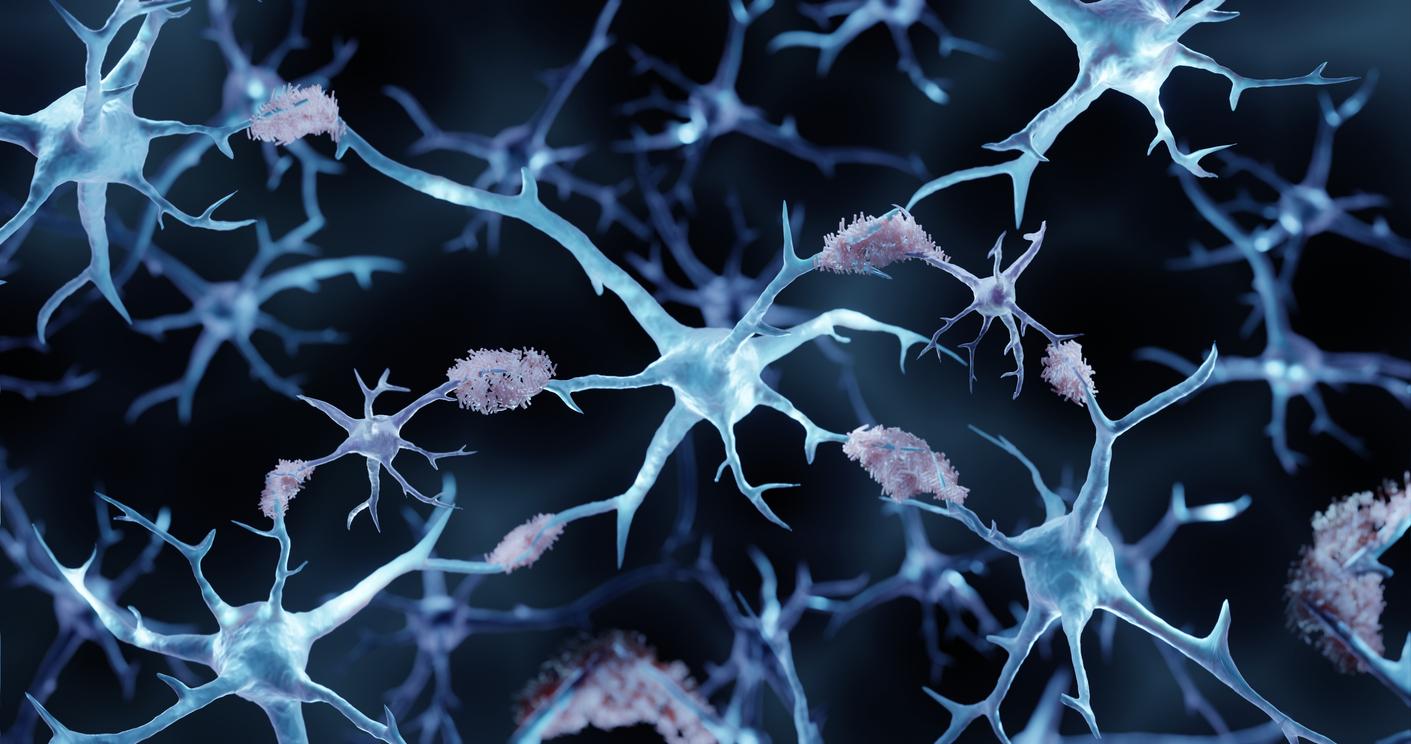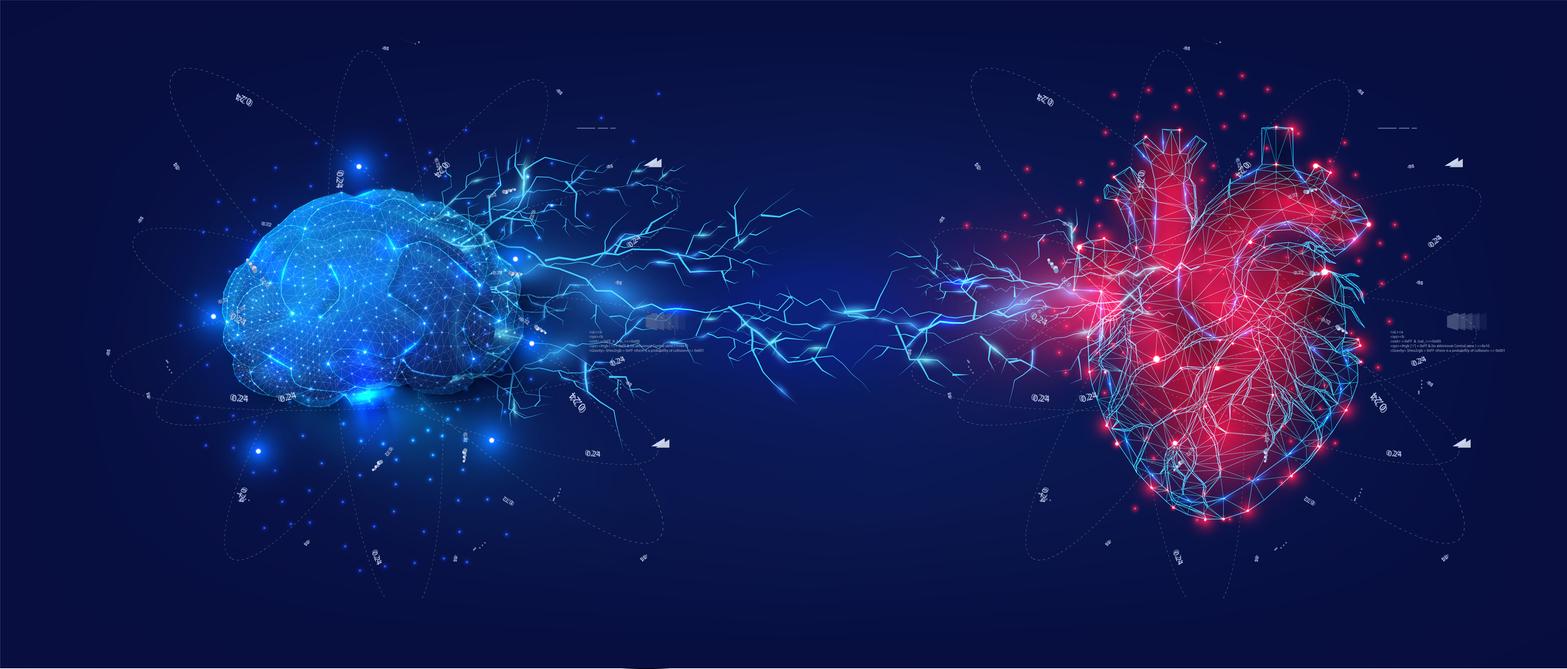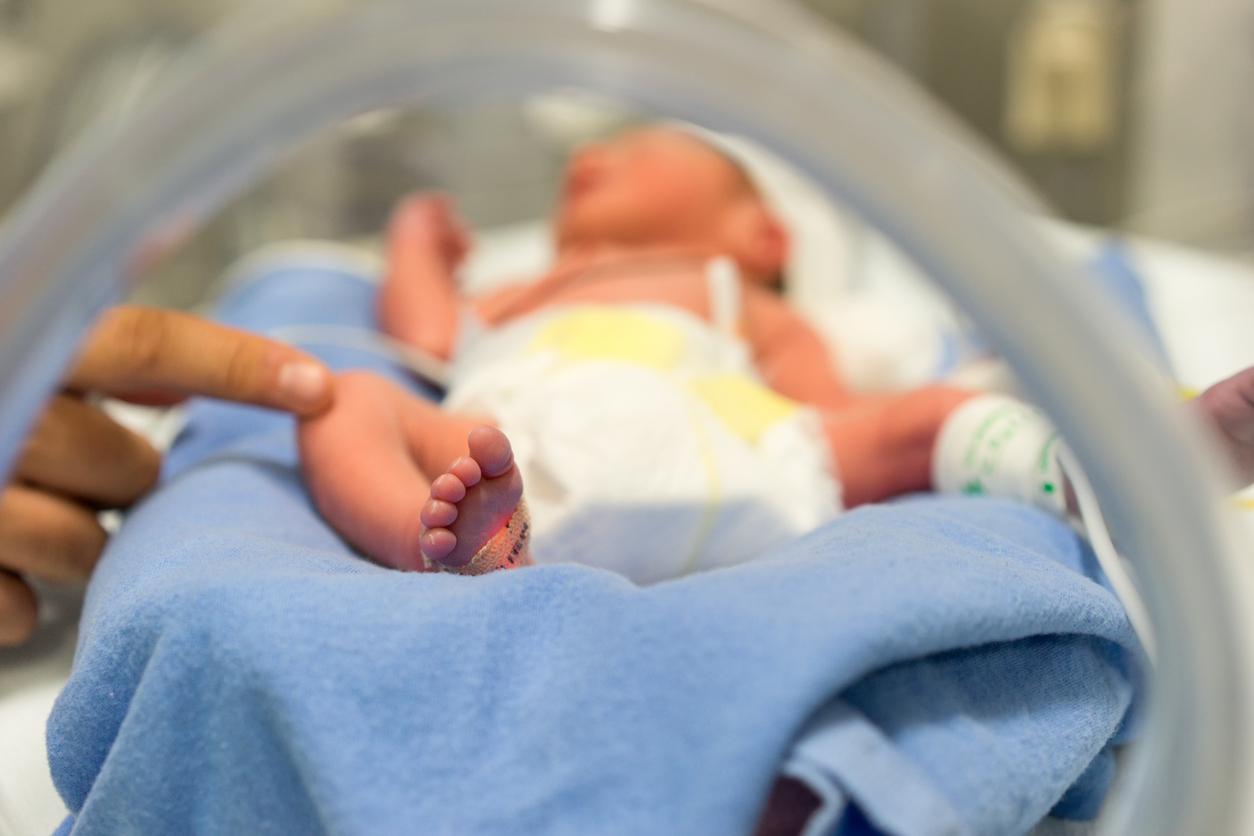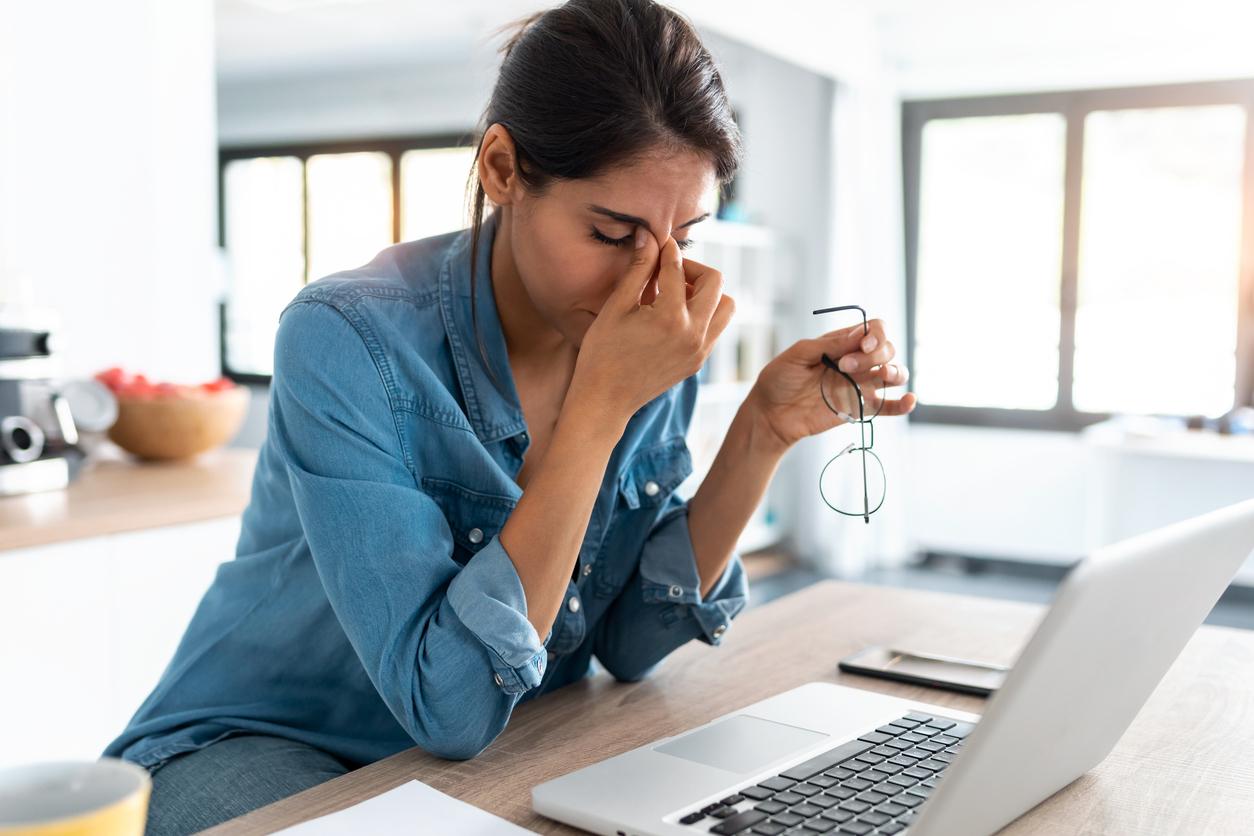Stressful events that occur in the evening make us more vulnerable than those that occur in the morning. Indeed, cortisol, the hormone released by the body in stressful situations, is less secreted at the end of the day and deprives us of the energy necessary to react to distressing events.
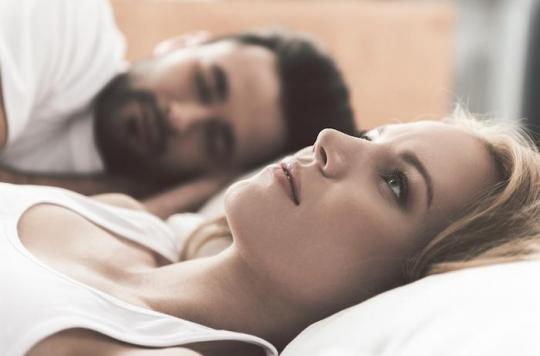
Stress is bad for your health. Prolonged and chronic, it can cause various diseases ranging from diabetes to cardiovascular conditions, including depression or even schizophrenia. But depending on when stressful events occur, the effects on the body are different.
According to a Japanese study, published in the journal Neuropsychopharmacology Reports, the central system of our body reacts less strongly to acute psychological stress in the evening than in the morning.
The HPA axis
To reach this conclusion, researchers from Hokkaido University recruited 27 healthy young volunteers, working normal hours and with normal sleeping habits. The objective was to determine whether the “hypothalamic-pituitary-adrenal” (HPA) axis responds differently to acute psychological stress depending on the time of day.
The HPA axis connects the central nervous and endocrine systems of the body. Cortisol, the main stress hormone in humans, is released for several hours when the HPA axis is activated by a stressful event. Cortisol helps provide the body with the energy it needs to respond to a fight or flight need. Cortisol levels are also regulated by a master circadian clock (sleep-wake clock) in the brain and are normally high in the morning and low in the evening.
Saliva measurement of cortisol levels
The research team first measured the daytime (diurnal) rhythm of salivary cortisol levels in the volunteers to establish a baseline. The volunteers were then divided into two groups: the first was subjected to a resistance test in the morning, two hours after their normal waking time; the second had to respond to a stress test in the evening, ten hours after their normal waking time.
The test lasted 15 minutes and consisted of making a presentation in front of a camera and in the presence of three investigators. Saliva samples were taken half an hour before the start of the test, immediately after and at ten minute intervals for an additional half hour.
Only the sympathetic nervous system is activated in the evening
The researchers found that salivary cortisol levels increased significantly in volunteers who took the exercise test in the morning, while no such response was seen in those who took the test in the evening. On the other hand, the heart rate of the volunteers, an indicator of the sympathetic nervous system reacting immediately to stress, did not differ according to the time of day.
“The body can react to morning stress by activating the HPA axis and the sympathetic nervous system, but it must react to evening stress by activating only the sympathetic nervous system”, comments Yujiro Yamanaka, author of the study. “Our study suggests a possible vulnerability to stress in the evening. However, it is important to consider each individual’s biological clock and time of day when assessing the response to stressors and their prevention.”
.










